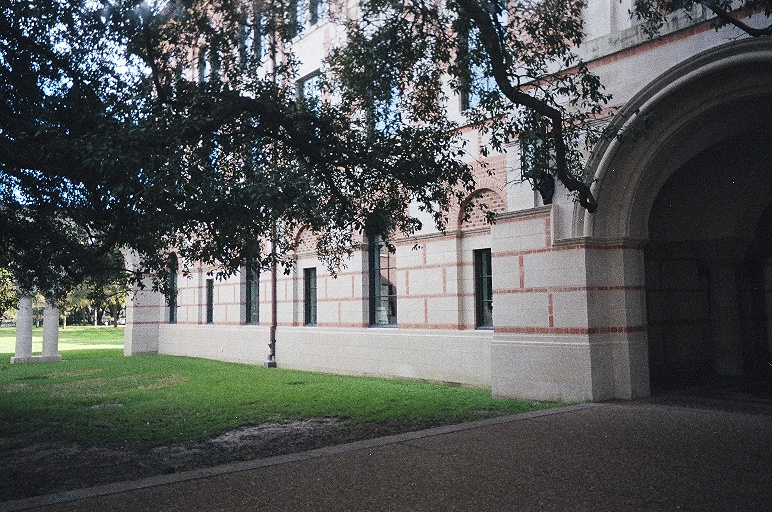|
ABOUT THE
CENTER

The Center's Office is
located in Humanities East, Room 109
Mission
The Boniuk Center
for the Study and Advancement
of Religious Tolerance aims to understand and to promote conditions
conducive
to sustainable, peaceful co-existence among people of different
religions
around the world.
Background
Established in July of
2004, the Center supports research on
a wide range of topics related to religious tolerance and promulgates
this
knowledge with the aims of understanding and promoting conditions
conducive
to sustainable, peaceful co-existence among people of different
religions.
Some arguments for
tolerance are well developed. However, these usually
rely on historically contingent ways of thinking that emerged
comparatively
recently, in societies where an idea of inalienable human rights
together
with a conceptual distinction between “public” and
“private” produced a putatively secular public
sphere.
Such arguments have, not surprisingly, proven most persuasive in
communities
that accept both a clear public/private distinction and the relegation
of religion to the private sphere. The Boniuk Center exists to deepen
and
enrich these ideas of tolerance while simultaneously seeking others
that
have emerged or that might emerge in different contexts and from
different
assumptions.
Our underlying principle is
simple: just as religious
conflict cannot be analyzed independently of political, cultural,
economic,
and social contexts, so a meaningful international commitment to
religious
tolerance requires that we understand religious identities, traditions,
and histories in light of other spheres of human life. The Center
fulfills
its mission by supporting scholarly projects that study religious
difference
from this broad perspective and thus lay the groundwork for pluralism
and
tolerance in many modern societies. Because it seeks not only to
understand
but also to promote conditions conducive to religious tolerance, the
Boniuk
Center makes its research findings available with the eventual aim of
supporting,
in collaboration with political and religious leaders, a set of
principles
conducive to tolerance that could command respect and allegiance among
diverse religious communities.
Rice University's
faculty provides a strong
foundation on which to build this Center. The School of Humanities and
the allied departments of Sociology, Anthropology, and Political
Science
now house leading scholars of religion and history whose work is
directly
concerned with issues of persecution, religious extremism, and the
impact
of religion on contemporary political processes around the globe. At
this
moment individual Rice Faculty are examining the meanings of jihad and
martyrdom within Muslim communities over time; the persecutions of
Jewish
populations in medieval Europe; the role of African American churches
in
the nineteenth-century battle against slavery; the political and
ethical
implications of the critical study of gender and sexuality in the world
religions; and the relationship between religion and freedom of
expression
in Arab and Israeli media.
Rice is also home to
the James A. Baker III Institute
for Public Policy now under the leadership of Edward Djerejian, who has
served as Ambassador to Syria and Israel and as Assistant Secretary of
State for Near Eastern Affairs. Through the Baker Institute, Rice
attracts
leading policy makers and governmental officials from around the world,
many of whom deal with various aspects of religious conflict. The Baker
Institute can, among other functions, provide a forum for the findings
of the Center and a venue for conferences and other gatherings on
religious
tolerance. By building on these formidable strengths at Rice, the
Boniuk
Center will develop new perspectives from which to study and promote
tolerance
across religious communities and within many different political and
social
contexts.
| Faculty Executive
Committee |
| Carol
Quillen (History), Center Director |
| Mahmoud
El-Gamal (Economics) |
| James
Faubion (Anthropology) |
| Anne
Klein (Religious Studies) |
| Jeffrey
Kripal (Religious Studies) |
| Paula
Sanders (History) |
| Anthony
Pinn (Religious Studies) |
| Gregory
Kaplan (Religious Studies; liaison
to the Houston Holocaust Museum) |
| Allen
Matusow (History; liaison to the
Baker Institute) |
|

